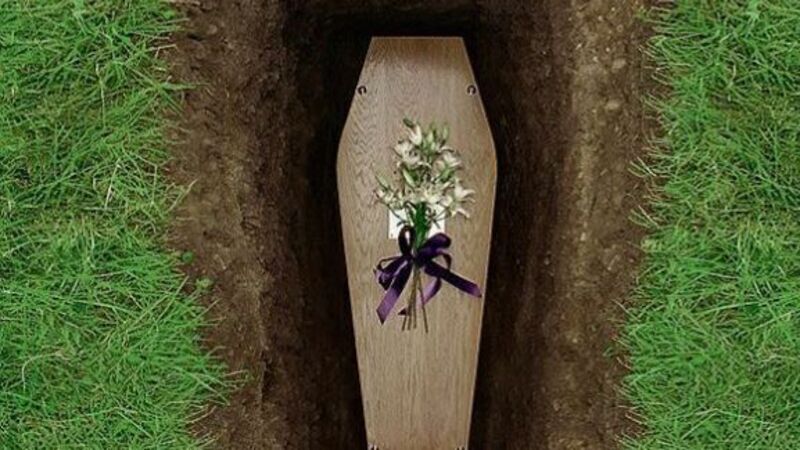Death of a funeral tradition

A RELATION of mine rang me a number of years ago. She mentioned that she’d been at a funeral in the UK a few days previously.
“God, funerals are awful here,” she mused. “Quick, sterile, hardly anyone there, and just so cold. They may complain about Catholic Ireland but the Catholic Church knows how to celebrate a life.”
















